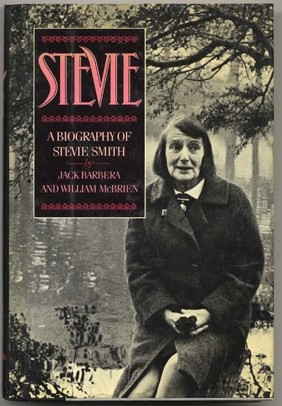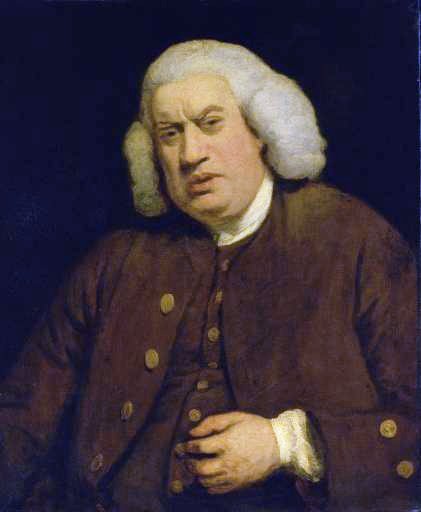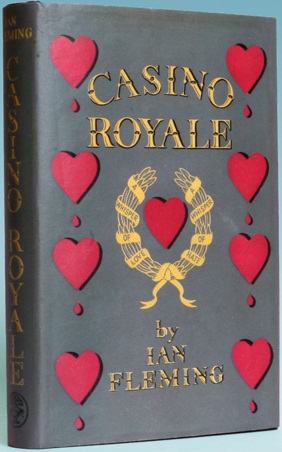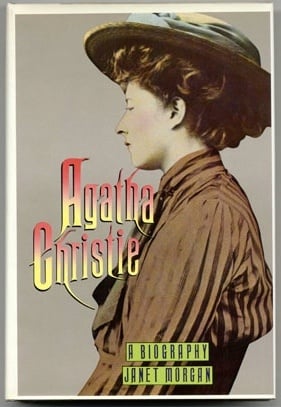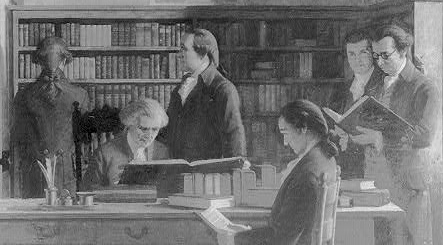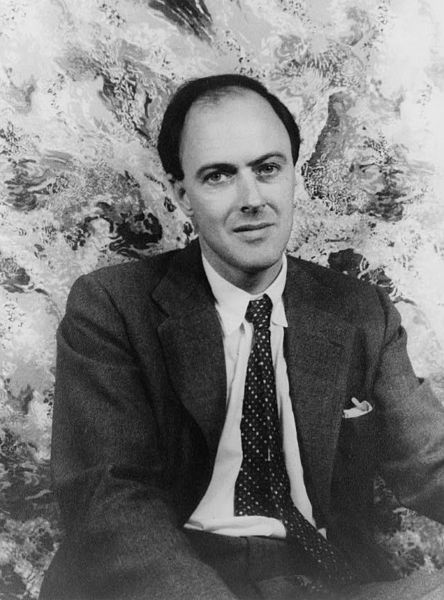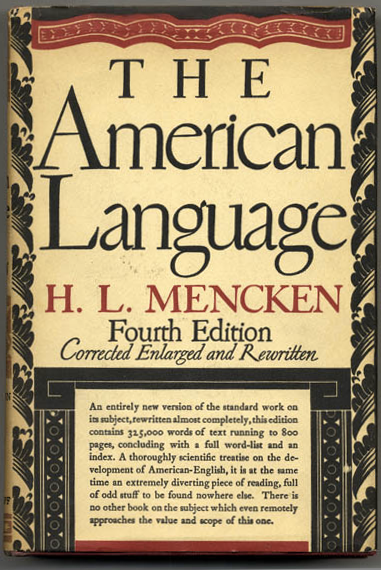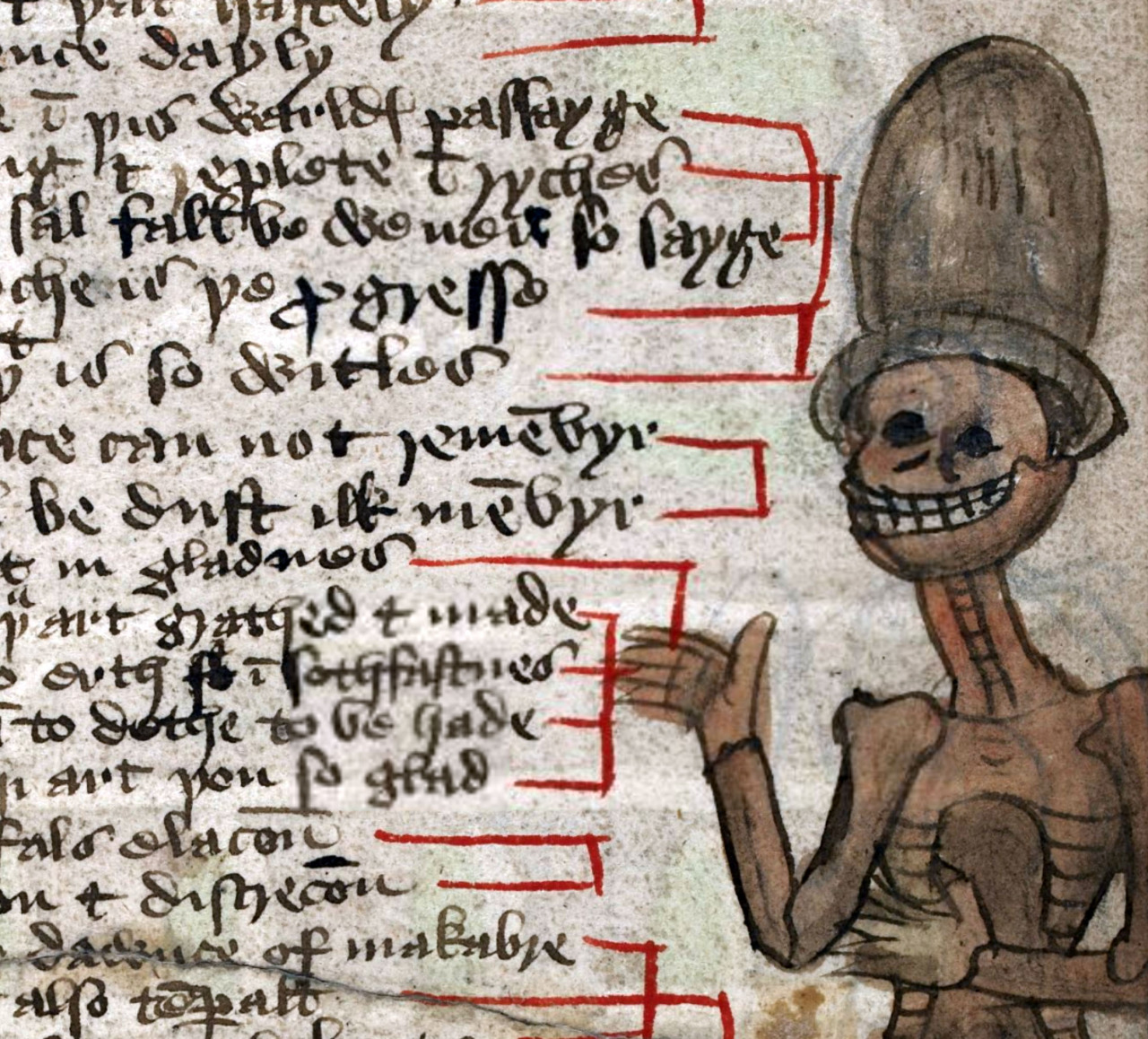Stevie Smith was a strange poet. She did not abide by any recognizable standard of seriousness in her writing. In fact, her work could be considered rather silly. Her verses veered into nonsense, and her language aptly imitated infantile speech. She drew cartoons for her poems, and fought her publishers hard to be able to keep them in her books. At readings, Smith doubled down on her whimsy. Some of her poems, she believed, were just meant to be sung. And sing them she did, performing them wildly to the tune of hymns and folk songs. Because of Smith’s artistic peculiarity, opinions about her work have long varied. This confused reception, it seems, is the price she has paid her veritable originality.
us toll free: 1-800-948-5563 international: +1 (843) 849-0283 UK: +44 (0) 1334 260018




